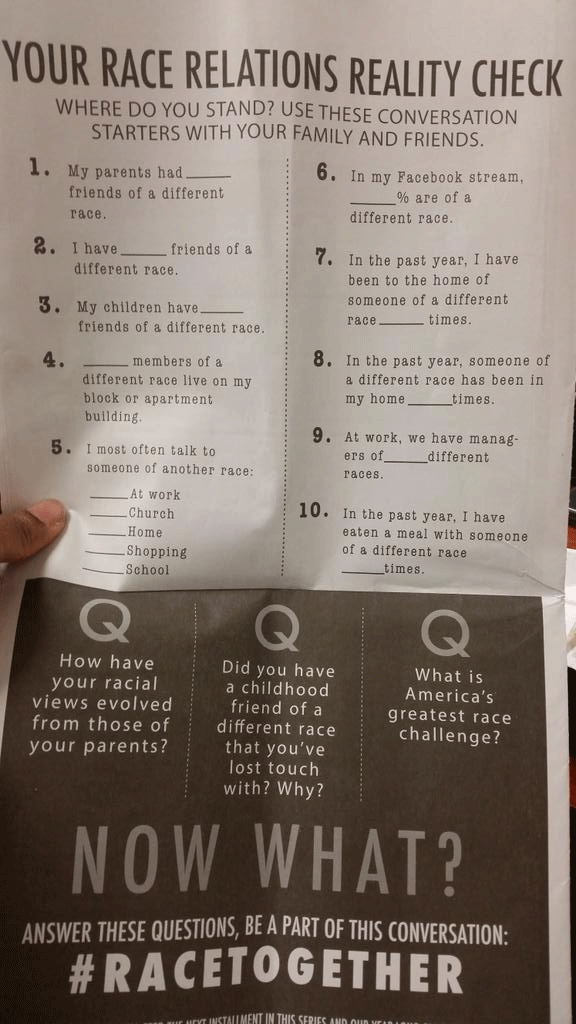“In This Today, I Get To Live Well”
[guest post by Dana]
Kara Tippetts, the woman who urged Brittany Maynard to reconsider her decision to take her own life before inoperable brain cancer took it, is now herself close to death. She has been in hospice care since December.
As you might recall, in supporting Maynard’s choice for physician-assisted suicide, Maynard’s husband and mother moved with Maynard to Oregon where physician-assisted suicide laws are in place. Tippetts had urged Maynard to see death and suffering through the eyes of faith:
“Dear heart, we simply disagree,” Tippetts wrote. “Suffering is not the absence of goodness, it is not the absence of beauty, but perhaps it can be the place where true beauty can be known. In your choosing your own death, you are robbing those that love you with the such tenderness, the opportunity of meeting you in your last moments and extending you love in your last breaths.
A family friend has made a film about Tippets and her struggle and resolve to yield to God. The trailer gives viewers a glimpse of Tippets’ family and the love that envelops her:
As the debate continues in the US about the laws for legal protections for terminally ill patients who want doctor-assisted suicide, over at Patheos, Wesley J. Smith looks at family-supported suicide, and asks:
Is it right or wrong to support a loved one’s suicide? This seems to be one of those issues, increasingly prevalent in our society, about which debate is not possible: The answer depends on one’s overarching worldview.
Some will believe that their duty is to support their family member’s choice, come what may. Others, including this writer, believe that supporting suicide is an abandonment that validates loved ones’ worst fears about themselves—that they are a burden, unworthy of love, or truly better off dead.
Arguing that family-supported suicide harms society, he suggests that it “furthers the normalization of hastened death as a proper response to human suffering.” In other words, a duty-to-die mentality will increasingly pressure the afflicted, disabled and elderly to do their duty to family and society by ending their lives before their situations cause financial and emotional hardships for loved ones. Sacrificing for the greater good. Could it become the expectation of “love” in our society?
No, a day won’t come when the euthanasia police kick down doors and force unwanted lethal injections upon the sick and elderly. But legal compulsion isn’t the only way to push people out of the lifeboat. The more public support families and friends give their ill or debilitated loved ones’ suicides, the greater the prospect that a moral duty to die will become culturally legitimate.
Regardless of where one falls on the argument of assisted suicide, it’s a good and wise thing to take Tippets’ words to heart in quiet thanksgiving:
“This is the today I have been given, and in this today, I get to live well.”
–Dana



